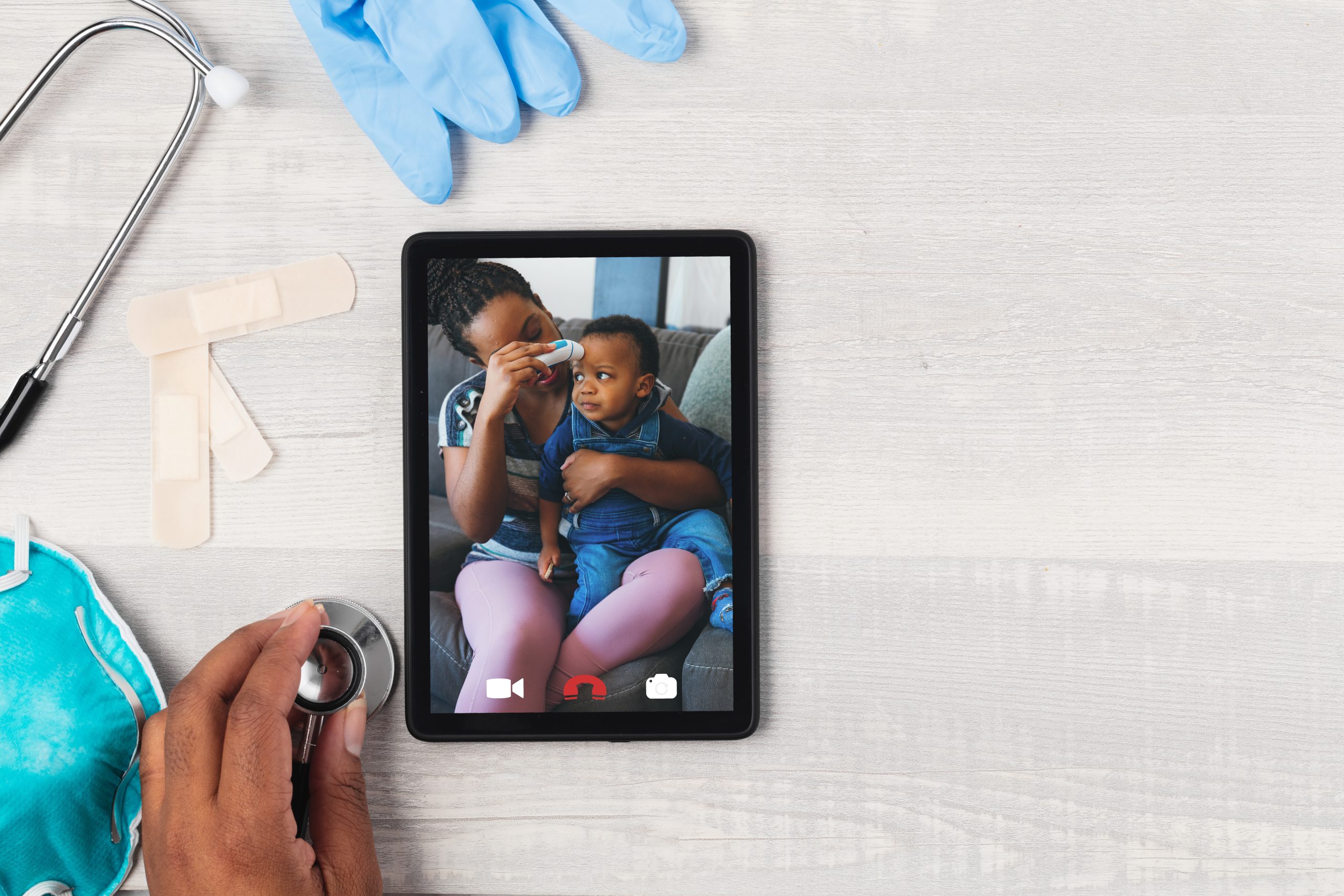Jul 1
2022
Starting A Health Tech Startup? Here Are 6 Tools To Invest In

Today, technology has become a part of day-to-day life. It has infiltrated virtually every industry, and this includes healthcare. The adoption of modern tools has considerably boosted the sector’s productivity, provided a competitive edge, and streamlined the execution of operations and patient care. Because of this, most hospitals and facilities are now seeking to have similar technologies deployed in their areas of operation.
If you’re looking to launch a health tech startup, make sure it’s cutting edge so that the market appreciates your brand. Note that technology evolves rapidly, and your startup should be able to accommodate the most recent developments. Below are the key tools you should have in your startup.
- Electronic Health Records (EHRs)
EHRs are digital information records used by health facilities to record patient data and avoid the tedious use and management of paperwork. These records contain details like:
- Patient’s residence
- Medications and list of allergies
- Medical histories, like immunization dates
- Laboratory tests and results
- Billing data
- Patient health progress notes
A hospital can efficiently and effectively treat a patient when they have accessible and accurate data. A reliable medical device company should also be able to embed the EHR in the operating system of such gadgets to ensure seamless access and retrieval of digital patient records.
And aside from availing data to authorized users instantly, EHRs aid in making decisions on the treatment course. Also, they help in coordinating patient treatment through simplified communication between different departments.
- Health Trackers
Most healthcare providers are now empowering their patients to take part in their healthcare actively. Patients can now use trackers, wearables, and sensors to manage symptoms and perform daily checkups on their own. Your tech startup should include these technologies to be relevant in the market. IT solution providers, such as the ones over at this website https://www.buchanan.com/ca/toronto-it-consulting/ could help you integrate helpful software into tracking gadgets.
Your startup should include wearable technologies that track and upload crucial health data, such as:
- Caloric intake
- Heart rate
- Body composition
- Amount and quality of sleep
This information helps physicians evaluate patients’ conditions in real-time. It also complements the existing data taken during hospital visits.
- Artificial Intelligence (AI) Diagnosis Tools
The use of AI in the medical field is growing at a major pace. Therefore, you should ensure your startup uses these AI tools so that your clientele can benefit from it.
Machine learning can rapidly analyze symptoms presented in a given case by comparing them with the knowledge base. The technology presents suggestions that physicians can use for the correct diagnosis. The technology takes into account all the details and increases the accuracy of diagnosis.
Also, AI technologies can process large data volumes from different sources and easily identify patterns that help predict issues across different populations. And other than that, AI optimizes surgery procedures and improves backlog visibility and predictability of cases.
- Interactive Personal Health Record (PHR)
Modern health applications are becoming majorly patient-centered. Thus, your startup should have an interactive PHR that increases patient’s participation in their treatment plans.
PHR is an extension of the EHR tool that’s interactive and patient-focused. This technology tool makes treatment data of families with accrued medical paperwork accessible and manageable. It automatically receives data from the EHR through a web browser.
Therefore, patients can easily view their lab results and scheduled appointments and enter data into their records, which helps specialist patient communication.
- Telehealth
Telehealth can also be referred to as remote health, e-health, or m-health. As a tech startup, you should incorporate this tool because of the following two key reasons:
- Virtual hospital visits: A good health startup should enable patients to chat or video call health providers from their homes without traveling to the hospital. Virtual visits save the patient time and money.
- Remote health monitoring: Telehealth enables healthcare providers to check a patient’s health remotely. It ensures minimal visits to the hospital.
Therefore, as a tech startup, you should focus on telehealth tools such as;
- Web or mobile applications that upload data to the hospital database
- Devices that accurately measure blood pressure and oxygen levels and send the data wirelessly
- Wearable devices that can record tremors, body posture, and heart rate
- Home monitoring devices for the elderly
- Devices that notify patients of upcoming appointments, dosage times, and when to exercise
Such incredible devices will make your tech startup desirable to the health providers, and you can easily get them to buy.
- E Prescription
Your startup must include an E prescription. It’s used instead of the paper ones. Essentially, a physician inputs your dosage into a system and securely transmits it to pharmacies. Once they receive the request, they process your order right away.
The tool is beneficial because:
- It improves the quality of health by eliminating errors in writing
- It makes care convenient by enabling the picking of prescriptions from any pharmacy
- Reduces issues with interpretation
- It gives accurate instructions on dosage
Overall, the tool can be easily integrated with EHR systems to notify physicians of any allergies and give suggestions on alternative medications.
Conclusion
Data is the center of all medical decisions. Therefore, when building your health startup, you can generate maximum engagement if you have the latest technology tool that makes the data processing effective. The list above would be a good start; invest in them.